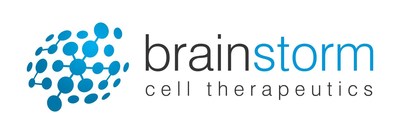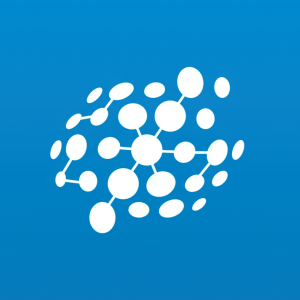BrainStorm Granted Patents for Allogeneic Exosome Platform-Product in Neurological Disorder Treatments
The European Patent office granted patent No. 3105587 titled 'Method of Qualifying of Cells' for a method of qualifying whether a cell population is a suitable therapeutic for treating ALS. The patent also grants claims for an isolated population of mesenchymal stem cells for use in treating ALS.

The Australian patent Office granted patent No. 2019252987 titled 'Cell-Type Specific Exosomes and Use Thereof' for an isolated Exosomes population derived from MSC-NTF cells as well as a pharmaceutical composition for the treatment of neurodegenerative diseases.
The Israel Patent Office announced the allowance of the same claims for application No. 277447 with an Acceptance date on December 01, 2023.
"We are committed to fortifying our technological advancements with robust intellectual property strategies," stated BrainStorm's CEO, Chaim Lebovits. "The recent acquisition of the European patent for our unique MSC-NTF cell population marks an important step in safeguarding our proprietary NurOwn technology, particularly for ALS treatment. The Australian patent, which is our inaugural grant for the specialized MSC-NTF cell exosomes, represents a pivotal achievement in the evolution of our exosome technology, meticulously crafted by the Brainstorm research team. Securing this European patent, alongside our existing patents in the US,
About NurOwn®
The NurOwn® technology platform (autologous MSC-NTF cells) represents a promising investigational therapeutic approach to targeting disease pathways important in neurodegenerative disorders. MSC-NTF cells are harvested from each person with ALS and are manufactured using an innovative and proprietary process to secrete neurotrophic factors to target specific neurodegenerative diseases. The lead program for NurOwn is for the treatment of ALS. BrainStorm's long-term commitment to ALS is demonstrated in preclinical research and a series of clinical studies, all of which have been published in peer-reviewed journals. The NurOwn clinical program has generated valuable insights into the pathology of ALS, as well as disease progression and treatment. Since the initial Phase 3 readout, BrainStorm has shared the full dataset through rigorous peer-reviewed analysis, including: quantification of Floor Effect, which had been noted, but never before explored in depth; evaluation of multiple pre-specified biomarkers, collected at seven different points across 20 weeks during the trial, allowing a longitudinal view; and analysis of genetic data, which represents one of the first ALS trials to prospectively invoke pharmacogenomic analysis of clinical outcome, offering great promise for the development of future treatments for ALS.
About BrainStorm Cell Therapeutics Inc.
BrainStorm Cell Therapeutics Inc. is a leading developer of innovative autologous adult stem cell therapeutics for debilitating neurodegenerative diseases. BrainStorm holds the rights to clinical development and commercialization of the NurOwn® technology platform used to produce autologous MSC-NTF cells through an exclusive, worldwide licensing agreement. Autologous MSC-NTF cells have received Orphan Drug designation status from the
Notice Regarding Forward-Looking Statements
This press release contains "forward-looking statements" that are subject to substantial risks and uncertainties, including statements regarding meetings with the
CONTACTS:
John Mullaly
LifeSci Advisors, LLC
Phone: +1 617-429-3548
jmullaly@lifesciadvisors.com
Logo - https://mma.prnewswire.com/media/1166536/BrainStorm_Logo.jpg
![]() View original content:https://www.prnewswire.com/news-releases/brainstorm-granted-patents-for-allogeneic-exosome-platform-product-in-neurological-disorder-treatments-302022322.html
View original content:https://www.prnewswire.com/news-releases/brainstorm-granted-patents-for-allogeneic-exosome-platform-product-in-neurological-disorder-treatments-302022322.html
SOURCE BrainStorm Cell Therapeutics Inc.








